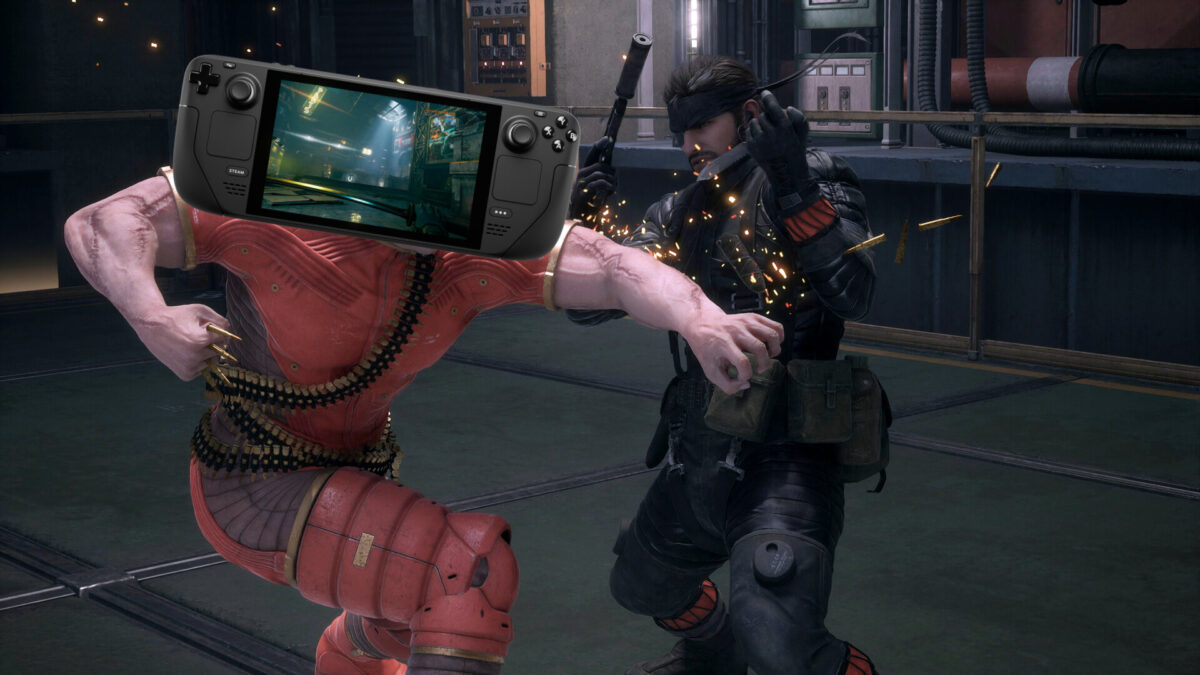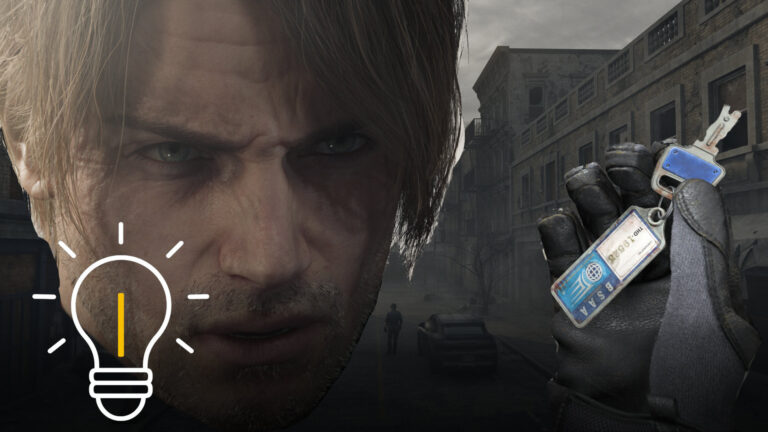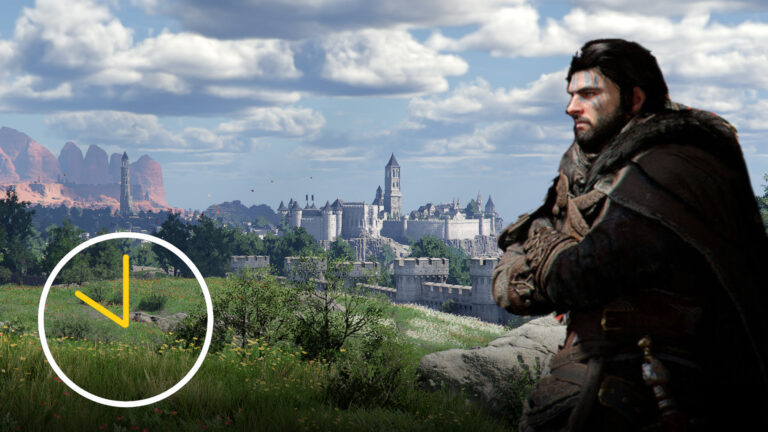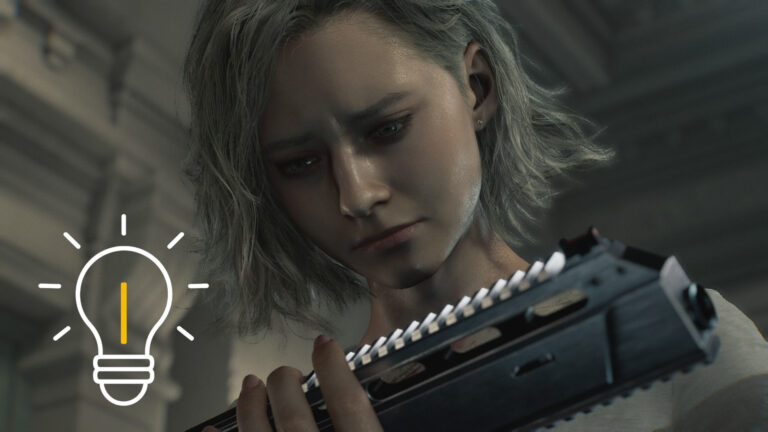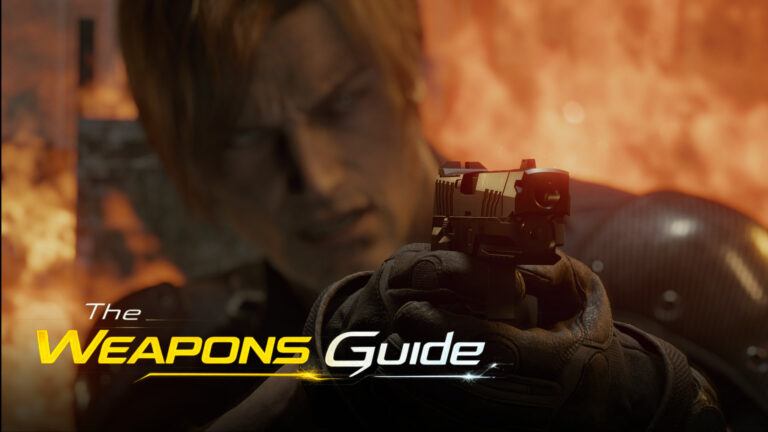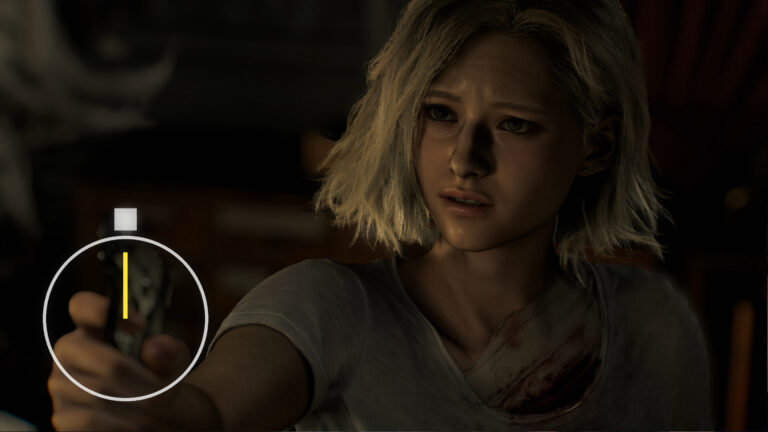Metal Gear Solid Delta only runs on the Steam Deck with major compromises. Smooth gameplay requires heavy graphic downgrades and technical workarounds.
In principle, Metal Gear Solid Delta: Snake Eater is playable on the Steam Deck, but it can’t deliver consistent framerates or the visual quality you’d get on PC or consoles. Even at default settings, performance fluctuates wildly, typically between 20 and 35 frames per second. Dropping the resolution to around 960 × 600 pixels and disabling effects like depth of field or motion blur doesn’t fully stabilize the experience either.
At minimum, we recommend setting texture quality to “low,” dialing back lighting and shadows significantly, and capping the framerate at 30 FPS — either in-game or via SteamOS. This at least helps reduce the stuttering caused by heavy frame drops.
Upscaling only helps so much
Enabling upscaling methods like FSR (FidelityFX Super Resolution) or TSR (Temporal Super Resolution) can give performance a slight bump. These techniques internally upscale the image, which may boost framerates but comes at the cost of sharpness and can introduce visual artifacts like flickering or jagged edges.
For tinkerers, tools like Lossless Scaling Frame Generation (LSFG) are another option. This can artificially raise the framerate and make gameplay feel smoother, but it also increases input latency, which is especially noticeable in action-heavy sequences.
Indoor areas as a performance killer on the Steam Deck
Indoor environments in Metal Gear Solid Delta: Snake Eater are particularly taxing on the Steam Deck. That’s unusual for Unreal Engine 5 titles, but likely comes down to the high density of objects and effects in enclosed spaces. Outdoor areas tend to run a bit more smoothly, though they’re far from flawless either.
Visually, Snake Eater takes a major hit on the Steam Deck. The necessary resolution and effect cuts result in a blurry image that only faintly captures the cinematic atmosphere of the original. Disabling motion blur and depth of field improves clarity and readability but doesn’t solve the overall drop in visual fidelity.
Conclusion: Better to wait for updates or other platforms
Our advice: If you care about stable performance and strong visuals, wait for future patches or more powerful handheld PCs. Konami has yet to announce any official Steam Deck optimization for Metal Gear Solid Delta: Snake Eater, though updates could arrive down the road.
Until then, Metal Gear Solid Delta: Snake Eater is only marginally recommendable on the Steam Deck — technically playable but neither comfortable nor visually impressive. If you want the remake at its best, stick to the console or PC versions.
No related articles found.

